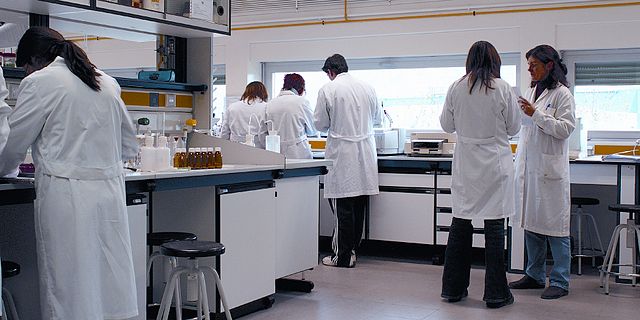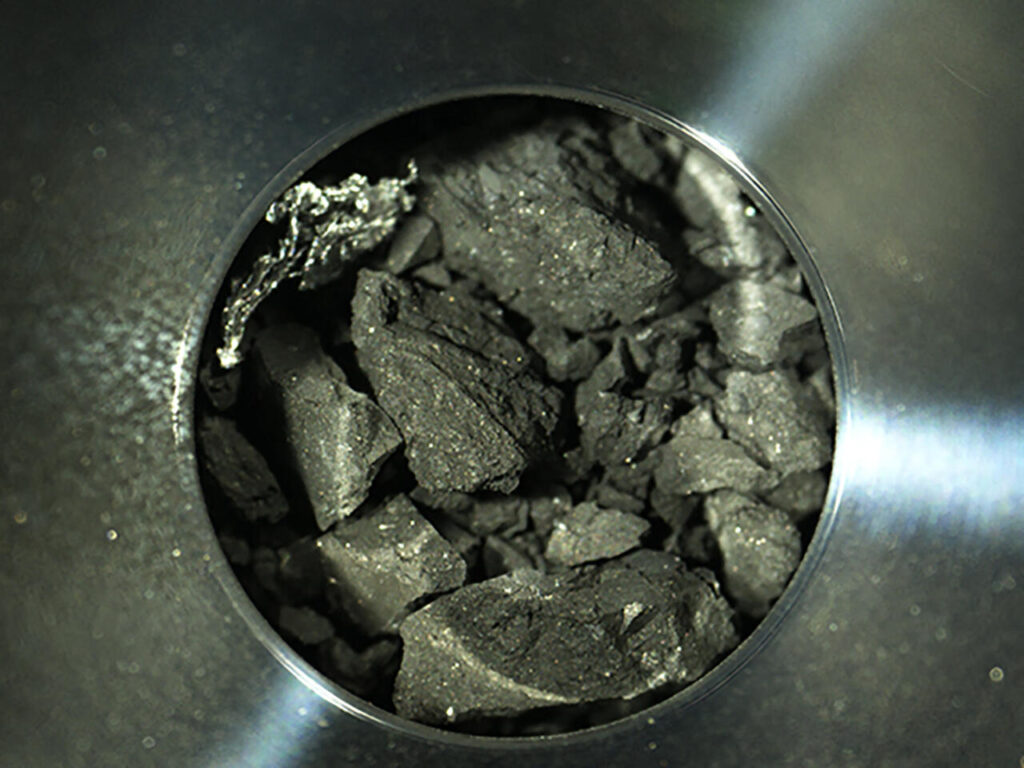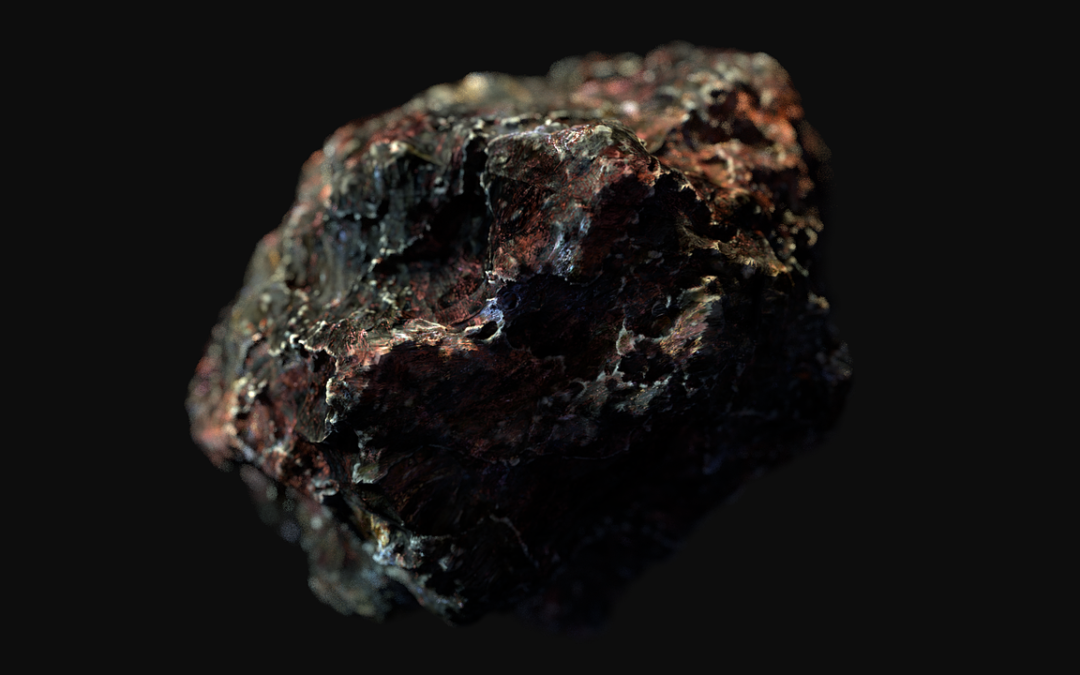In samples retrieved from the Ryugu asteroid, scientists have found some of the components of life. According to researchers, the finding supports the theory that many of the crucial chemicals that helped create life on Earth came from space.
The material was gathered in 2018 and brought back to Earth in 2020 by the Hayabusa2 spacecraft of the Japanese Space Agency.
The samples precede the complete formation of Earth and provide insights into the types of chemicals that were being sown onto the planet in its primordial phase. They are the oldest samples that scientists have been able to study in a lab.

The sample contained organic material, including racemic amino acids, one of the components of ribonucleic acid, or RNA, according to an early examination. Other organic substances, such as alkylamines, polycyclic aromatic hydrocarbons, nitrogen heterocyclics, and carboxylic acids, were also detected in the original analysis.
Uranium and nicotinic acid were discovered through additional study, which was directed by Yasuhiro Oba of Japan’s Hokkaido University and published in the scientific journal Nature. Because it is one of the essential nucleases in RNA, the discovery of uracil is important.

The current research “suggests that such molecules of pre-biotic interest frequently formed in carbonaceous asteroids including Ryugu and were transported to the early Earth,” the researchers wrote in their paper.
The researchers concluded that exposure to cosmic radiation is likely to account for any variations in uracil concentration levels between samples.
Download The Radiant App To Start Watching!
Web: Watch Now
LGTV™: Download
ROKU™: Download
XBox™: Download
Samsung TV™: Download
Amazon Fire TV™: Download
Android TV™: Download

